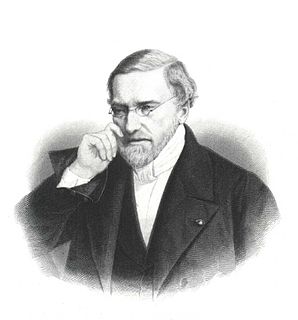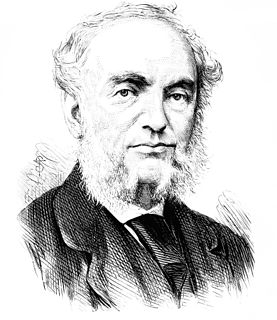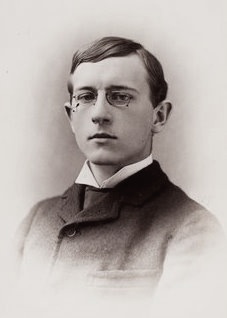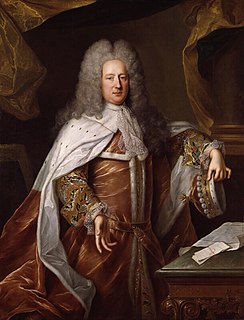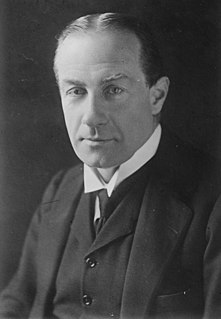A Quote by Bertrand Russell
It seems to us unwise to have insisted on teaching geometry to the younger Dionysius, tyrant of Syracuse, in order to make him a good king, but from Plato's point of view it was essential. He was sufficiently Pythagorean to think that without mathematics no true wisdom is possible.
Related Quotes
In fact, Gentlemen, no geometry without arithmetic, no mechanics without geometry... you cannot count upon success, if your mind is not sufficiently exercised on the forms and demonstrations of geometry, on the theories and calculations of arithmetic ... In a word, the theory of proportions is for industrial teaching, what algebra is for the most elevated mathematical teaching.
I do not think the division of the subject into two parts - into applied mathematics and experimental physics a good one, for natural philosophy without experiment is merely mathematical exercise, while experiment without mathematics will neither sufficiently discipline the mind or sufficiently extend our knowledge in a subject like physics.
One of the high points of my life was when I suddenly realized that this dream I had in my late adolescence of combining pure mathematics, very pure mathematics with very hard things which had been long a nuisance to scientists and to engineers, that this combination was possible and I put together this new geometry of nature, the fractal geometry of nature.
There is nothing that has caused me to meditate more on Plato's secrecy and sphinx-like nature, than the happily preserved petit fait that under the pillow of his death-bed there was found no 'Bible,' nor anything Egyptian, Pythagorean, or Platonic - but a book of Aristophanes. How could even Plato have endured life - a Greek life which he repudiated - without an Aristophanes!
Formerly, when a king died at Versailles the reign of his successor was immediately announced by the cry: "The king is dead, long live the king", in order to make it understood that despotism is immortal! Now an entire people, moved by a sublime instinct, cried: Long live the Republic! to teach the universe that tyranny died with the tyrant.
True perfection seems imperfect,
yet it is perfectly itself.
True fullness seems empty,
yet it is fully present.
True straightness seems crooked.
True wisdom seems foolish.
True art seems artless.
The Master allows things to happen.
She shapes events as they come.
She steps out of the way
and lets the Tao speak for itself.
There is something I think we share, which is, of course, an appreciation for Helmut Lang. I think at a certain point he really changed so many things in fashion. I'm a bit younger than Helmut, but from my point of view he provided a true entrance into this new way of thinking - not being invaded into couture.
"Magna Carta is the Law: Let the King look out." So it has always been with tyrants among our own people: when the King was tyrant, let him look out. And it has always been the same, and will be the same, whether the tyrant be the Barons, whether the tyrant be the Church, whether he be demagogue or dictator - let them look out.

